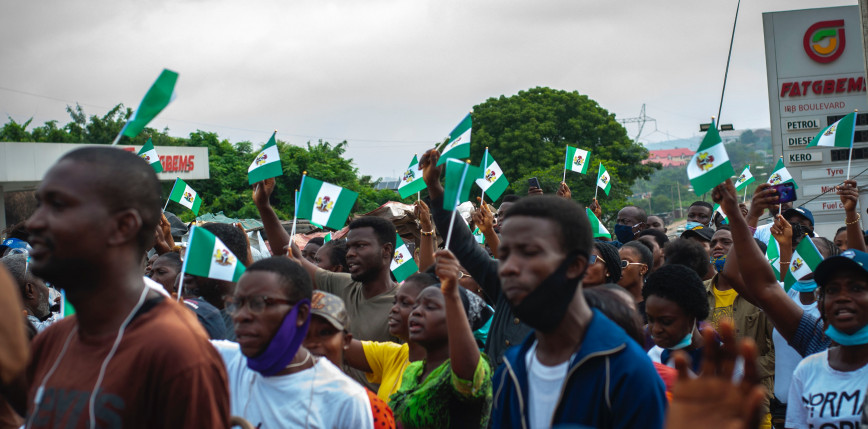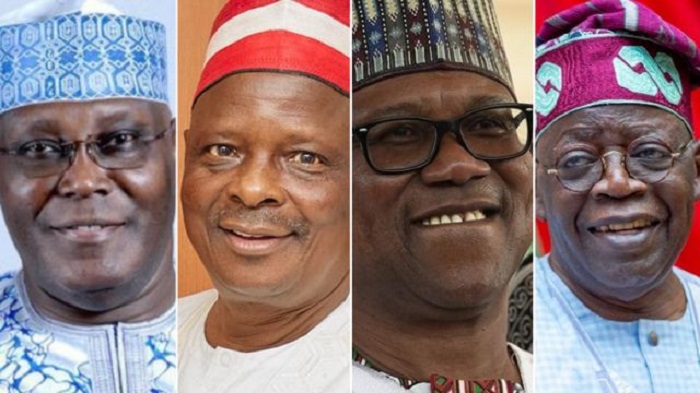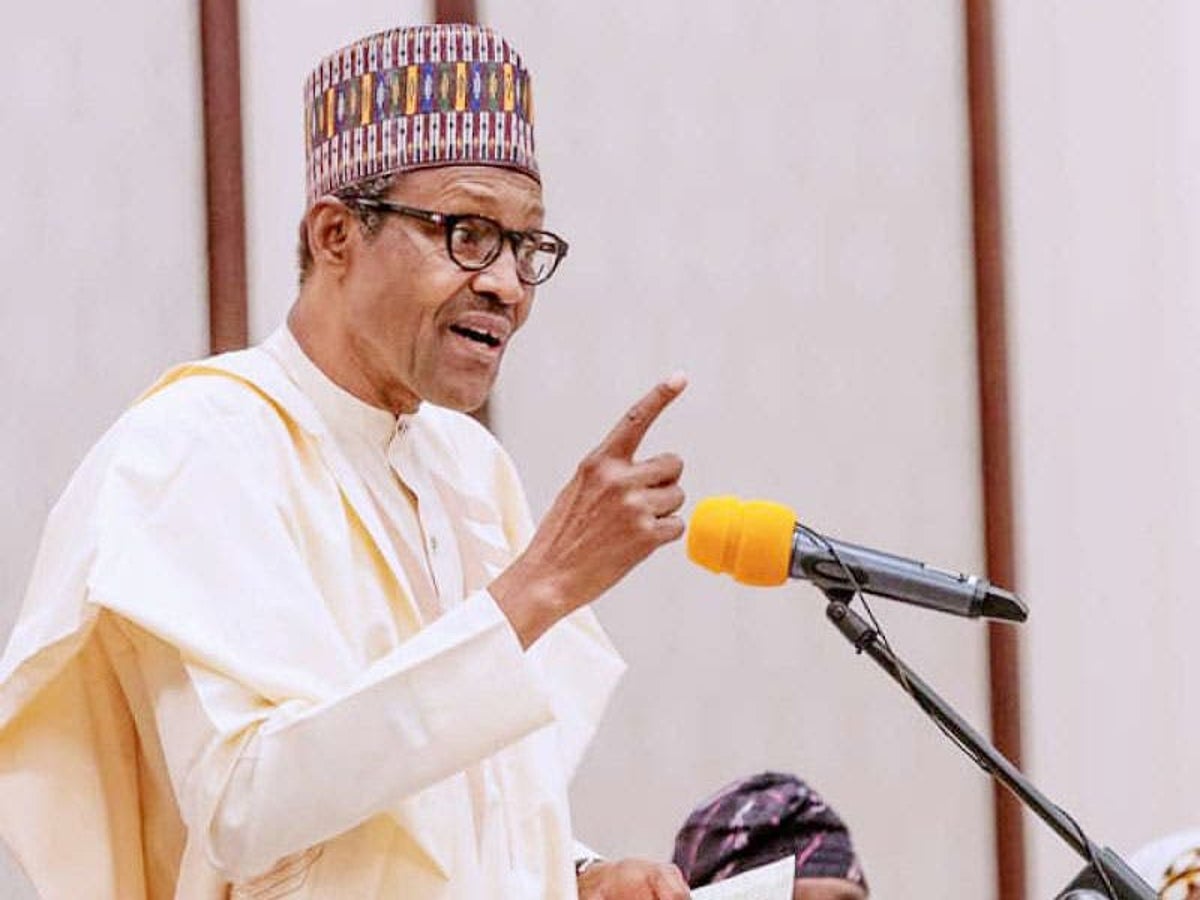The political choices these parties have made have gravitated them to what, in game theory, is called Nash Equilibrium—where all players must stick with their current strategy to guarantee a favourable outcome at the polls. They know the consequences of refusing to dance for their strongholds. We are why our politicians make these bigoted choices, but tend to pay attention to our echo chambers.

One of my favourite analytical frames as a social scientist is game theory, and it’s aided my analyses of Nigerian politics so much that I was able to predict that Atiku and Tinubu would be locked in a prisoner’s dilemma. The outcomes of the two parties’ presidential primaries, which some of us forecast months earlier, were determined by their bids to achieve higher playoffs.

In this game of numbers, it’s easy to establish that PDP opted for a Northern Muslim candidate, after two terms of a Northern Muslim President, for the same reason the APC settled for a Muslim – Muslim ticket—electoral victory. That’s their ultimate playoff. None of the tickets is based on a moral projection of what’s ideal, but a fixation on the practicality of securing the highest votes to take or retake power next year.
These politicians don’t make these dangerous decisions in a vacuum. They make them to appeal to us, to tame our bigotries across the board. There’s no person who isn’t bound by overriding interests in politics. Of the leading quartet running for president, there’s none who isn’t performing for a specific mob. Each of them has a stronghold: APC dances for the Yoruba and the Muslim North; PDP dances for the Muslim North and the South-South with the hope of appealing to the Igbo; Labour Party is wired for the South-East, and unfortunately, their attempt at capturing the North through a Northern Muslim political lightweight is dead on arrival; NNPP, at this point, is Kwankwaso—a Northwest powerhouse with unclear influence outside the region.
The political choices these parties have made have gravitated them to what, in game theory, is called Nash Equilibrium—where all players must stick with their current strategy to guarantee a favourable outcome at the polls. They know the consequences of refusing to dance for their strongholds. We are why our politicians make these bigoted choices, but tend to pay attention to our echo chambers.
You may think you aren’t supporting, say, Kwankwaso because of his religion or ethnicity, or Peter Obi for the same reason, but that’s probably because we’ve been so socialized to take these positions that we don’t see the errors of our judgements, and the arrogance that our candidate is the superior messiah. It’s unsurprising that the bulk of each candidate’s supporters come from their ethnicity, religion, and religion.
Unfortunately, it’s always the ones who never call out injustices perpetrated by their kinsmen who rush to play the victims when the table turns against them. If you are this person, you need to stand in front of a life-sized mirror to read the markings on the face of the clown staring back at you. But, then, by appealing to a specific mob, you are merely playing your own part in this game of strongholds.
Gimba Kakanda




















